Guest Writer: Father Moo
I turned 40 this year, and it occurred to me that I’ve been making music for 75% of my life – since I was 10. So I thought it was appropriate to scribble down a few notes on why I’ve been making music for so long and why I keep making music.
I was going to start by talking about all the various instruments I’ve owned and played, but maybe a better approach would be to take a look at the recording devices I owned. Because even if an instrument is long since sold or broken, as long as you’ve got a recording or two of you using it, it stays with you forever. One time, when I was living in Shanghai, I had a guitar pedal that I used a lot – the Boss RT-20, which simulated a Leslie cabinet. I was recording a guitar overdub, or rather waiting for the recording to reach the solo I was going to play. But I had bought crappy batteries and left them in the pedal too long. They must’ve leaked, because I smelled smoke, and then the pedal itself started to catch fire, and in a few moments it made the most terribly amazing imploding BZORP! sound and shorted itself out.
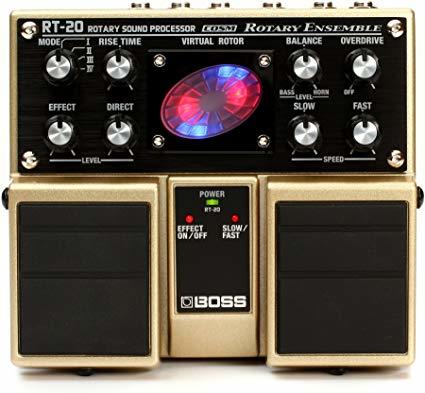
<Image: Boss>
I was sad that my beloved pedal as died, but happy, so happy, that I’d been recording the whole time. I isolated the overdubbed track and quickly backed up the death-bzorp so that I could use it as a sample in the future. No one else will ever have a sample like that one. I had captured a rare wild audio event, rarer than a shiny pokemon.
The recording of the sound itself is more than just the sound – if I played you that sound without telling you the story behind it, it would just be a weird sound. The recording captured both the sound and the circumstances, the unrepeatable moment in time where leaky off-brand batteries and quality Japanese technology came together in success and failure to produce something unique.
So this incident reminds me why it’s so important to record. Each sample or song we record is also a photograph of who we were and what we were doing when we made it.
Back to my first recording device. In fact, it’s the first thing I remember saving money specifically to buy. It was a double cassette recorder and radio. I bought it when I was around 10, when I was first playing piano and flute. It had a built-in microphone, but I didn’t use it much for recording my own music playing or my voice. I just listened to the radio and waited until a song I wanted was introduced by the DJ and then I hit record. I remember I had these little books-on-tape, they were Peanuts stories with Charlie Brown and Snoopy, but the story was on the A side and they left the B side blank, and they encouraged you to make your own recordings. I didn’t have money to buy blank tapes, and these seemed perfectly suitable, so I copied songs off the radio onto the B-side over and over again. Even now I can’t remember the content, the actual songs I wanted to record, but I do remember the act of recording.
Then one day, there was a big find. I went to camp in grade 6, so I was 12, and I found a tape outside one of the little camping huts. Weirdly, someone had stuck a corn kernel into each of the little tabs at the top of the tape. This was done to disable the write-protection on the tape: it had never occurred to me to overwrite the audio on a legitimately purchased cassette, and I didn’t even know that was possible. But what was recorded on this tape was something amazing: NWA’s “Straight Outta Compton.” This was when rap was still new and cheesy and the stuff on the radio was MC Hammer and Snow’s “Informer.” NWA was not that. It was something way angrier and contained truly amazing swearwords. So, I took the tape home and immediately copied the whole album onto a few tapes for my friends. Just in time, too – another kid heard I’d picked up his tape, so I gave it back to him, but I already had my dubbed versions. This sounds stupid in the modern world of downloading music, but I couldn’t even have bought this tape if I wanted to at age 12. I’d tried to buy Guns and Roses’ “Appetite for Destruction”, but the guy in the tape shop wouldn’t sell it to me because it had a “Parental Advisory – Explicit Lyrics” sticker.
This was a big event for me, as a kid, getting access to this musical contraband. But it was still other peoples’ music, not my own. By the time I was 16, I was playing guitar and bass in bands, and I had a casio preset keyboard, and my bands rented small cheap studios in Vancouver and recorded our songs on 16- or 24-track analog tape machines. This was an expensive process, but my second band recorded two small EPs this way and sold cassette copies of them at our shows. Luckily, I still have copies of these albums and I’ve re-recorded new versions of all the old songs we made just for the fun of it. Those albums were more than just sound documents, too – even as I write this, I’m not listening to that music at the moment, but in my mind I can see the studio we went to and the little isolation booth, the mixing board and effects rack … they had a Lexicon Ultra-Harmonizer, which at the time I had no idea what it was for, but now I know is a kind of primitive version of AutoTune.
But it must have been 1995 (when I was 16 or 17) when I finally got a home recording device – a four-track tape recorder, the Fostex XR-3. It was incredibly simple – it had two inputs but could record 4 tracks, and it had a convenient auto-bounce function that meant I could get quite a few layers going. It had volume and pan settings for all four channels but no EQ or effects at all.
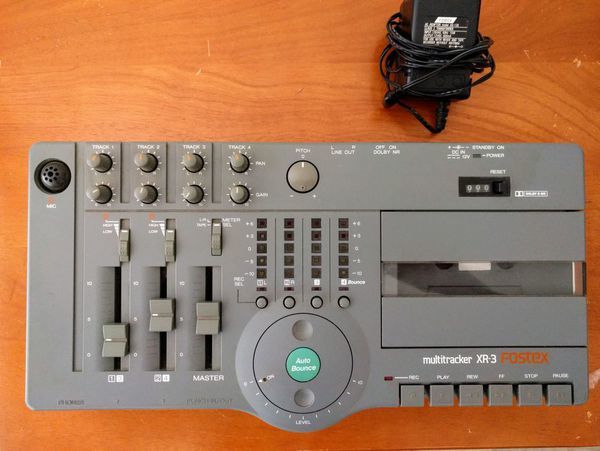
<Image: Fostex>
At the time I was obsessed with a Canadian band called Eric’s Trip. They had four band members and they made their albums by each keeping the same type of four track in their home studio and passing cassettes to each other and adding overdubs at home. They made both heavy punk recordings and soft sweet little lo-fi tracks. I didn’t have anyone to trade tapes with, but I stole a lot of their ideas about the lo-fi approach. This meant embracing background noise or interruptions during the home recording process. It meant intentionally wobbly tape speeds (like Boards of Canada would do years later) and recognizing that a whispered vocal at four o’clock in the morning can be more powerful, in its own way, than one sung by a diva through a high-end signal chain.
I didn’t really own any synths at that time, but a lot of hand percussion, a guitar and bass with some pedals, the casio keyboard and a cheap Radio Shack mic were more than enough. I was lucky enough to even find that old Fostex machine at my parents’ house a few years ago, and recorded some of my new synth-type music on it and mix it down before the tape drive engine finally gave out. And yes, I used the tape speed knob to make it sound wobbly like Boards of Canada. Here’s one of the songs from that session – Singularity Hymn
The next step for me after the XR-3 was multitracking on a computer. I know most people stuck with computer recording once they found it, and I understand why. But for me, I eventually went back to hardware, both for synths and for recording. For a decade, my best buddy was the Boss MicroBR – a digital four-track recorder that was small enough to fit in your pocket. With a built-in mic, it could also function as a field recording device, and like the XR-3, it made bouncing down 3 tracks to one very simple. I would mix down to MP3 on the MicroBR, and then export the MP3s to my hard drive to be uploaded to the Internet. At one point, I recorded 500 songs in 3 years on the MicroBR. Well, some of them weren’t songs so much as ambient soundscapes, but I went from just a Kaossilator and an Alesis micron to a variety of vintage synths to my modular system, and the MicroBR documented it all. It finally died one month shy of 10 years of constant use – good value for money, if you ask me.
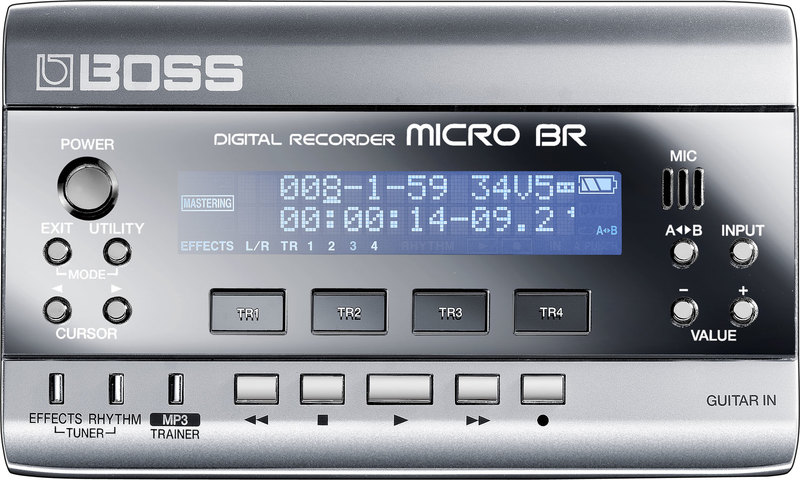
<Image: MicroBR>
And maybe this sounds strange to say, but now that I’ve made hundreds of recordings, I listen to my own music more than I listen to anyone else’s. My recordings mean more to me as a diary of my own life than any photos or handwritten notes do. Last week, I played a track I recorded in 2003 when I was living in Japan. In my mind, I could see the apartment where I made it, my little laptop-and-USB-controller setup, I could even remember the food I used to eat at the time. The track had a kick drum sample that I made by putting a microphone in my fridge and recording the sound it made when I closed the fridge door. Originally, I was trying to get just the heavy thump of the door closing, but one of the times I did it, I closed it too hard and the microphone rattled around a bit on its stand. That turned out to be the most interesting and usable drum sample of all. You can hear it as a drum sample used in Reason in this piece – the sound by itself plays for the first time at about 0:04 (why not sample it for yourself? Haha) – Pending
Anyways, the point I’m trying to make here is that recording matters. Record the sound, and record your life. Then when you listen to old stuff you made, you’ll remember the gear you made it on, the place you made it, the people you made it with, the person you were when you made it. It’s surprising how much hidden metadata can be encoded in a 4-megabyte MP3.
Five Tips For Recording:
-
Record (Pretty Much) Everything: if you’re just experimenting with a synth at home, record your output. Record the audio output as you watch TV or youtube and search that for juicy samples.
-
Mine Your Recordings For Samples: trawl through whatever you recorded this week on a day off and see what interesting samples you can find.
-
Manipulate It: challenge yourself. How weird can you make that sample sound? Stretch and mangle it in hardware or software (and record the output if you’re doing it in realtime!)
-
Experiment with Lo-Fi Recording: get a cassette recorder, or do your field recording at 12 bits, or 8 bits, for funky results
-
Archive and Save Your Own Creations: even if it makes you cringe to listen to it, backup and preserve all the recordings you’ve made, you’ll enjoy listening to them and remembering that part of your life! (in a few years maybe….)
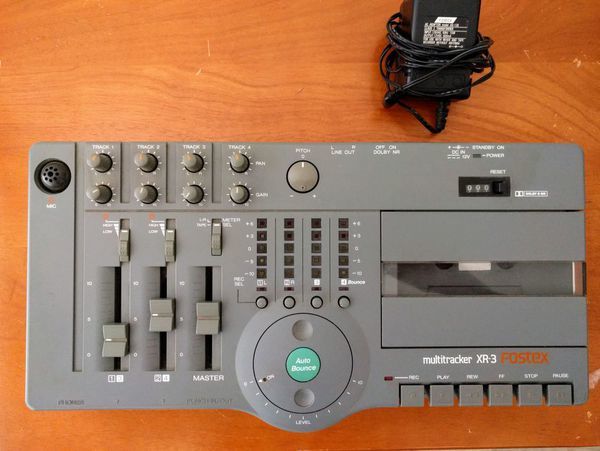
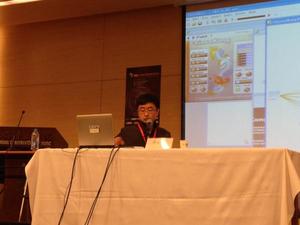
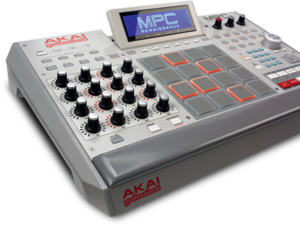
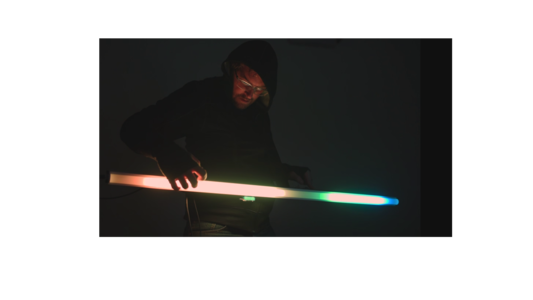

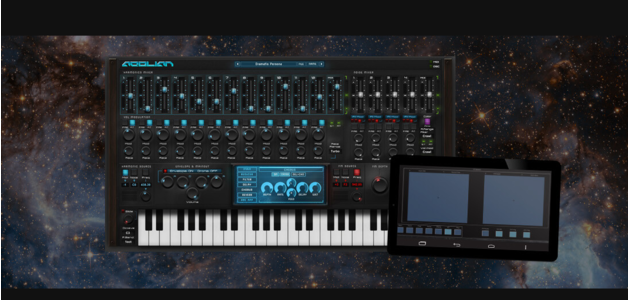
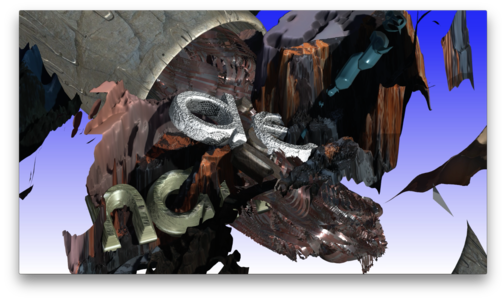
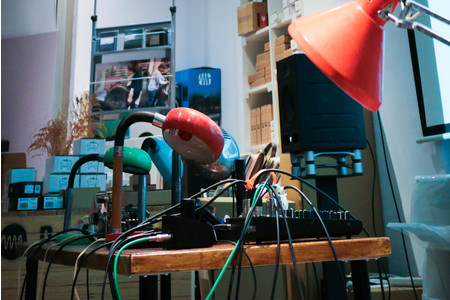
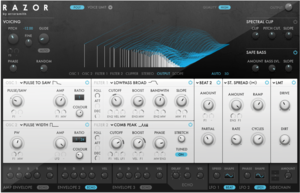
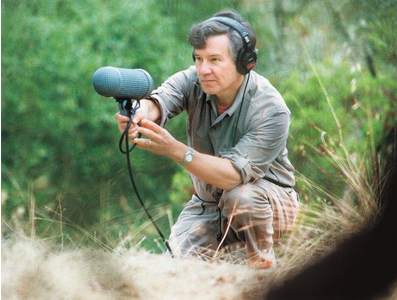
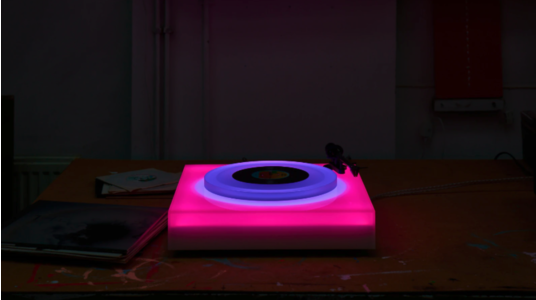
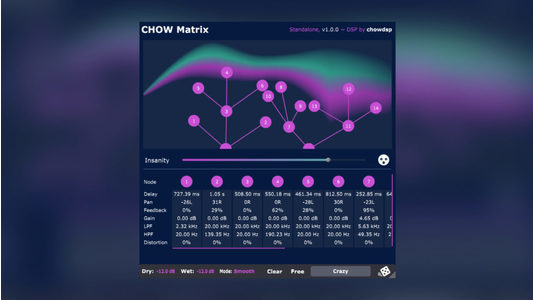
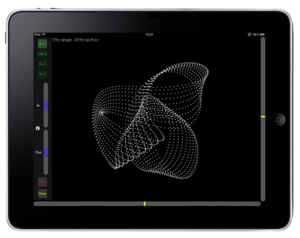

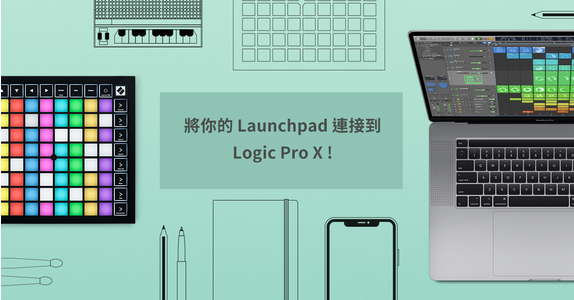
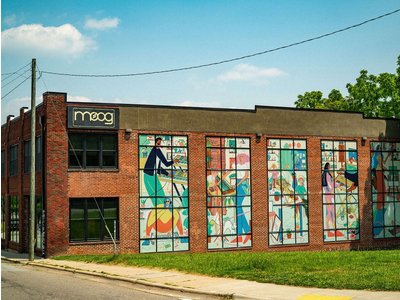
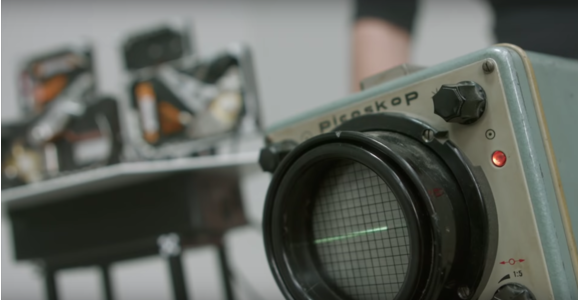
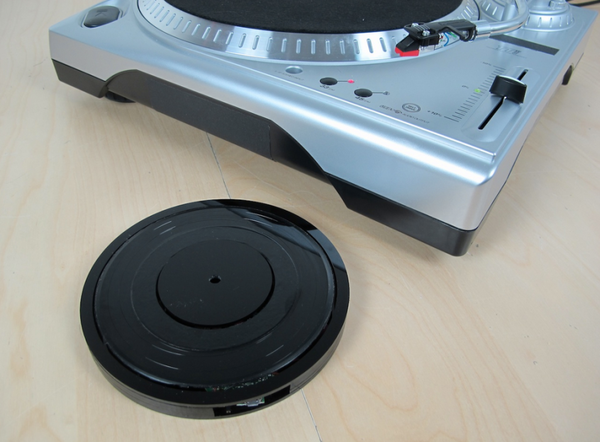
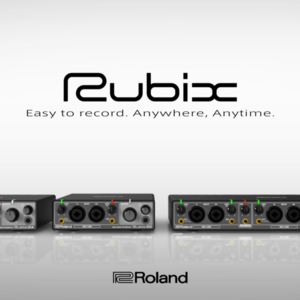
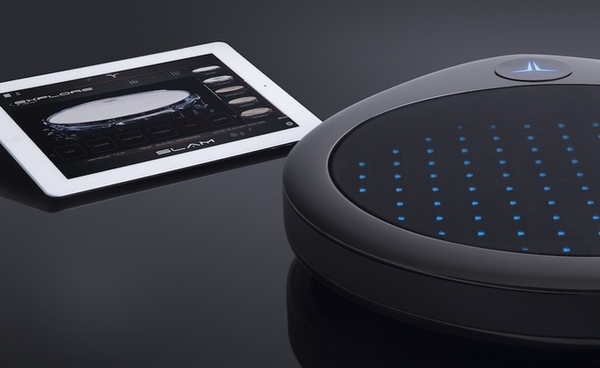
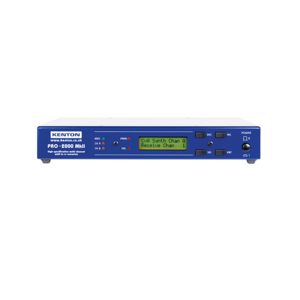

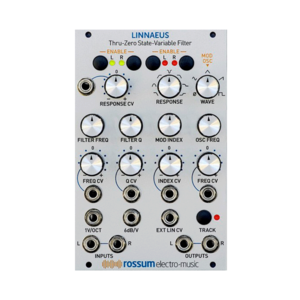
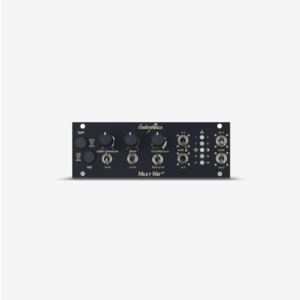


討論區
目前尚無評論